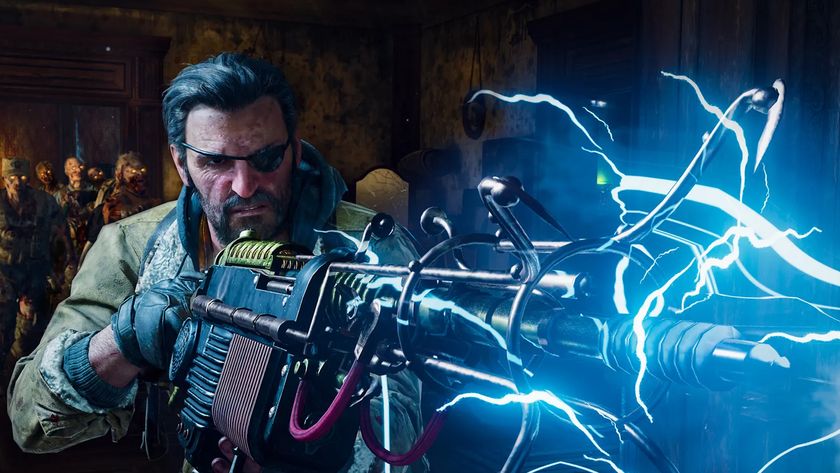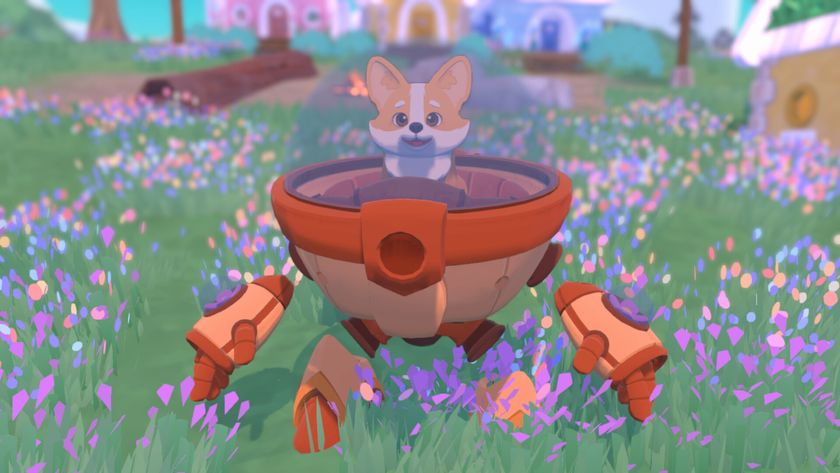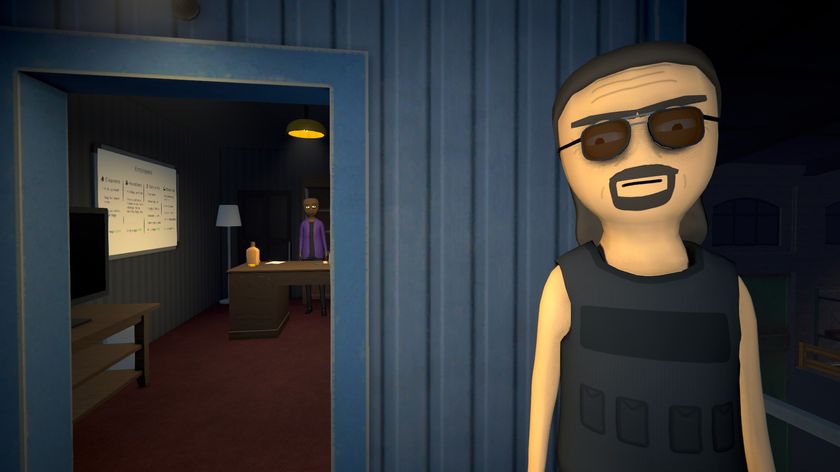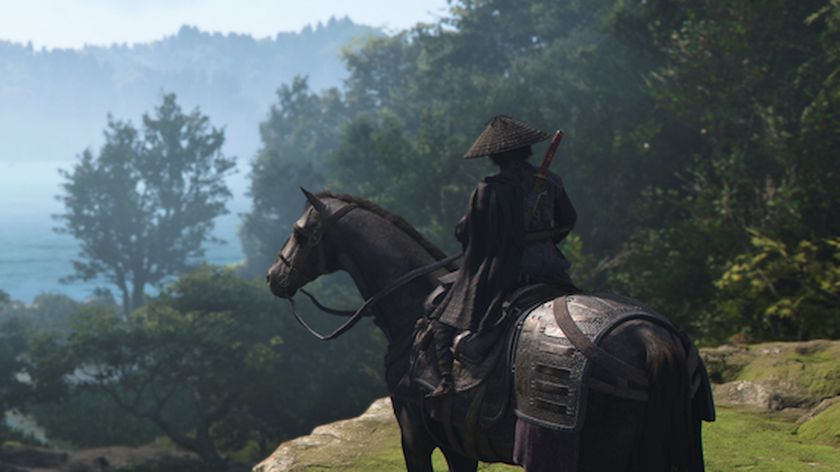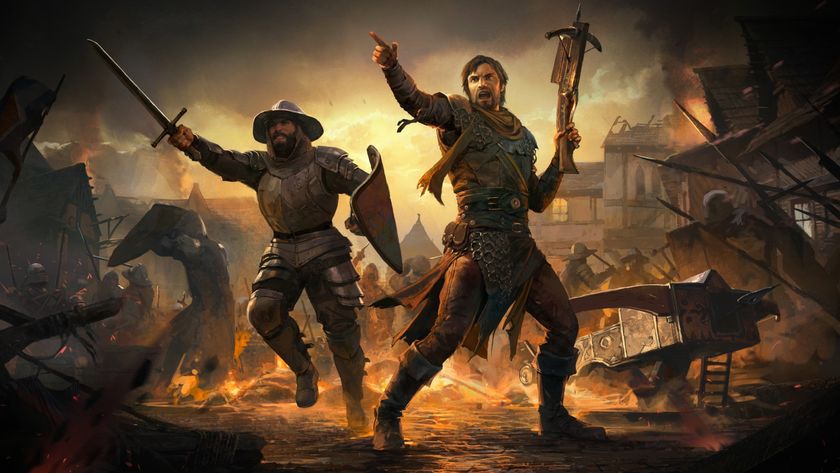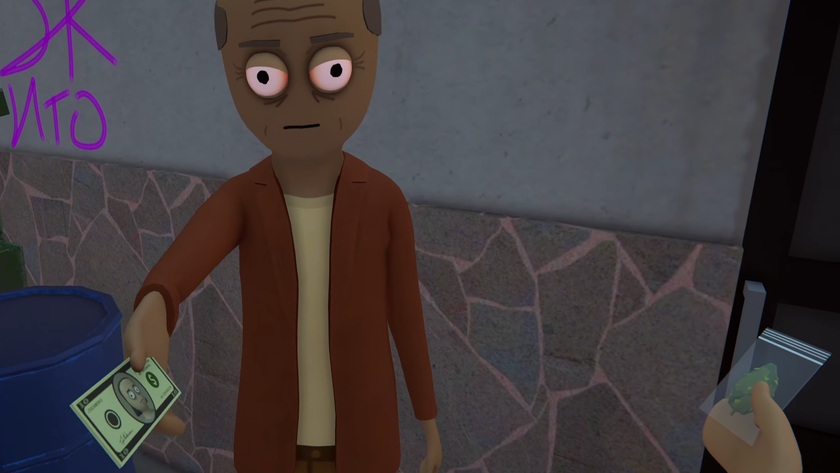EA CEO says the magic words 'Apex 2.0': It won't happen until after the next Battlefield, but 'this will not be the final incarnation of Apex'
Apex Harder.
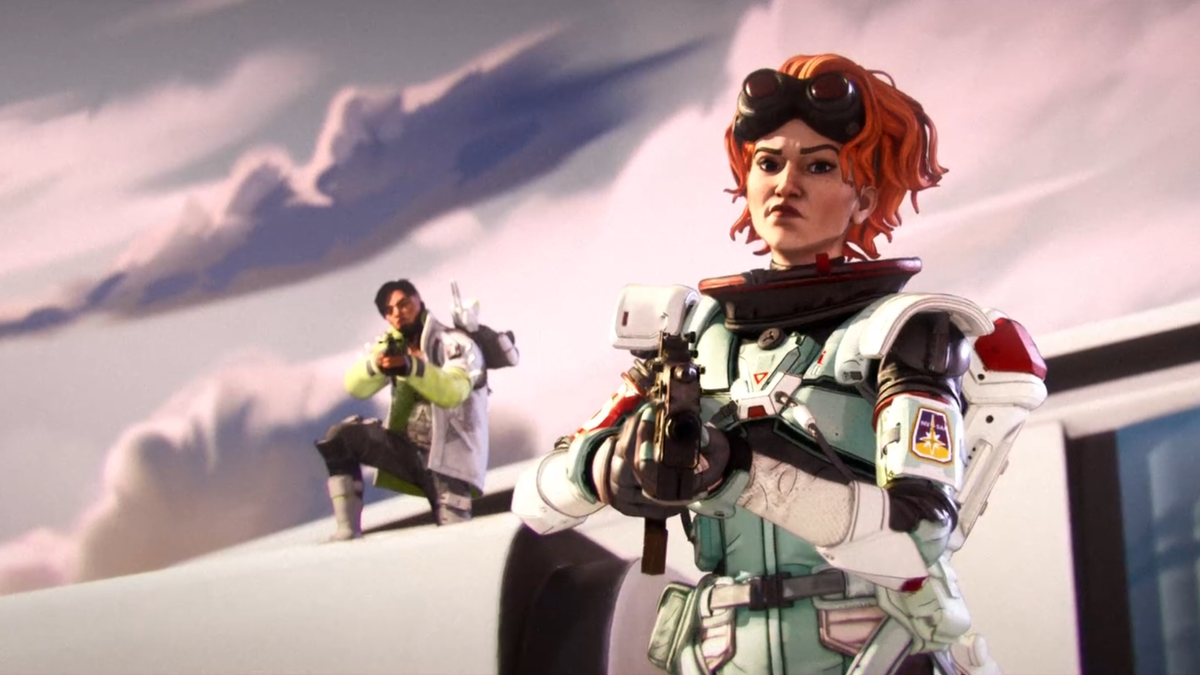
EA's latest quarterly financial call saw the execs wearing something of a hairshirt, with CEO Andrew Wilson having to cop to the underwhelming sales of Dragon Age: The Veilguard alongside the "temporary underperformance" of EA Sports FC 25. "Q3 was not the financial performance we wanted or expected," said Wilson, adding that despite "performing in line with expectations," net bookings for Respawn's Apex Legends were down year-over-year.
But EA has a plan. "The trajectory of the business of that franchise has not been headed in the direction that we have wanted for some time," said Wilson (thanks, GIBiz). "We continue to test and develop more and great content for that community. And I would say we have seen some progress in that, but probably not as much as we would have liked."
In the last earnings call before this one, Wilson himself claimed there were no plans for an Apex 2.0 and pushed back against the idea. Now? It is very much on the cards.
"We do believe there will be a time where we need to do a more meaningful update of Apex as a broad game experience, and the team is diligently working on that. You should imagine we probably wouldn't drop that on top of a Battlefield launch. And so from a timing standpoint, our thinking right now is that that would exist post-Battlefield."
What EA is calling "the biggest Battlefield ever made" is scheduled to release before April 2026, which to be fair is sooner than many of us were expecting. So you could read between the lines and think Wilson's talking about 2027 or winter 2026 at the very earliest here. As he puts it, EA thinks about Apex in terms of in decades rather than years.
"On a longer-term horizon, these franchises that exist at this level and have this much fan love don't come often," said Wilson. "What I think we've demonstrated as a company is an ability to build franchises that last 10, 20, 30 years."
Then, he says the magic words:
The biggest gaming news, reviews and hardware deals
Keep up to date with the most important stories and the best deals, as picked by the PC Gamer team.
"Our expectation is that Apex will also be one of those franchises, and that some time on the horizon, there will be an even bigger, more meaningful update to that broader game experience—an Apex 2.0 if you will. This will not be the final incarnation of Apex."
Quite a turnaround from the last earnings call, then, but I suppose when you're disappointing shareholders you also need to promise them that there will be jam tomorrow. And Apex matters to EA because live service games now account for 74% of the company's business: $5.449 billion of the $7.347 billion it made in 2024 came from "live services and other."
That's also bad news for fans of what EA's CFO calls "blockbuster storytelling," with Dragon Age: Tthe Veilguard's underperformance a major area of focus. That game was reportedly in early production when the decision was made to strip out the live service components, and the lesson EA seems to have taken from this is that, erm, it should have kept those in:
"In order to break beyond the core audience, games need to directly connect to the evolving demands of players who increasingly seek shared-world features and deeper engagement alongside high-quality narratives in this beloved category," said Wilson. "Dragon Age had a high quality launch and was well-reviewed by critics and those who played; however, it did not resonate with a broad-enough audience in this highly competitive market."

Rich is a games journalist with 15 years' experience, beginning his career on Edge magazine before working for a wide range of outlets, including Ars Technica, Eurogamer, GamesRadar+, Gamespot, the Guardian, IGN, the New Statesman, Polygon, and Vice. He was the editor of Kotaku UK, the UK arm of Kotaku, for three years before joining PC Gamer. He is the author of a Brief History of Video Games, a full history of the medium, which the Midwest Book Review described as "[a] must-read for serious minded game historians and curious video game connoisseurs alike."
